Mentor program brings together researchers across departments

(Illustration: Shutterstock)
Senior and junior faculty members are being matched across departments as part of a CBS mentor program. Now, the program is open for new applications. “In the future, problems will be solved across different disciplines, so you’ll need connections outside your own bubble,” says Aixa Alemán-Díaz, PhD Fellow.
Each year since 2012, CBS has run its Cross-Departmental Mentor Program, which brings together senior and junior faculty with the purpose of expanding the academic network across disciplines. Now, it is once again time for researchers to apply to join the program, and Aixa Alemán-Díaz, PhD Fellow at the Department of Organization and mentee, will be reapplying – again.
This year, she was paired with Professor (MSO) Janine Leschke from the Department of Management, Society and Communications.
“I think it was rather out of curiosity that I applied to join the program. I wanted to find someone I could talk to about a potential career in academia and learn about someone else’s career path. Someone who wasn’t necessarily my supervisor. It was great to get Janine, as she’s from a different department, but also her work interests me,” says Aixa Alemán-Díaz, who plans to apply for another round and adds:
“And then it’s nice to talk to someone where there are no stupid questions. All questions are good questions.”
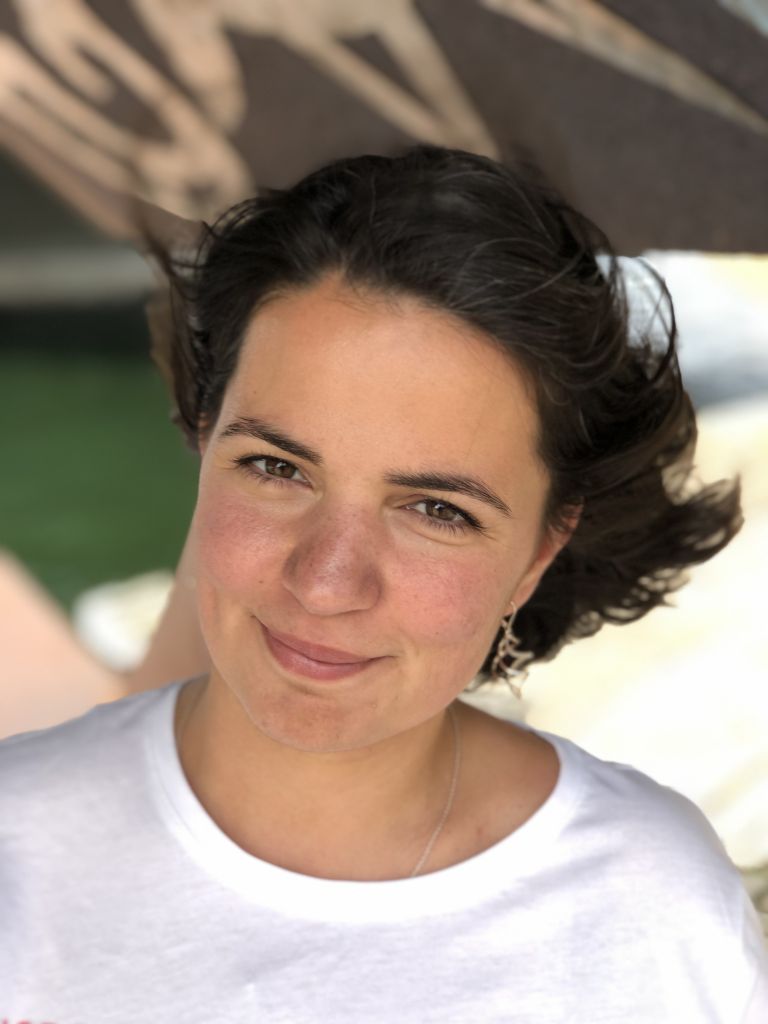
PhD Fellow Aixa Aléman-Díaz considers joining the Cross-departmental Mentor Program once more. (Photo: Private)
It was Professor and Equal Opportunities Officer Lynn Roseberry who established the mentor program back in 2012, where it initially started as a pilot project, but according to HR Consultant Kirsten Hansen, mentors and mentees like it so much that it is now permanent.
“The purpose of the program is to provide personal and academic development for researchers, and especially the junior faculty. Starting a career at CBS as a Danish associate professor who’s born in Denmark and has an easier time navigating is much different to being a PhD Fellow from India who has moved to a new country and a new system, for example. This is another opportunity for researchers to network,” says Kirsten Hansen.
She explains that the mentors and mentees are specifically matched across departments as this allows mentors and mentees to talk about other things than those normally discussed with heads of department or supervisors.
“When you have a mentor from a different department, you are naturally not competing for the same funds. The mentor serves a different role than, for example, a PhD supervisor, and can be an external source of support and guidance,” she says.
Professor MSO Janine Leschke had already participated in the program as a mentor once before mentoring for Aixa Alemán-Díaz, and believes working with junior faculty makes a lot of sense.
“I always enjoy my academic exchanges with junior staff, as I find them to be extremely engaged and motivated. Thus, the cross-departmental mentor program seemed to be a good continuation while also providing the possibility to engage more closely and possibly provide some support. Also, as an editor of an academic journal and lead partner in several EU projects, I hoped to be able to contribute useful perspectives. I also liked the cross-departmental dimension of the program as this allows you to look beyond department-specific perspectives and provide broader inputs,” she says.
In a big bubble
Aixa Alemán-Díaz, who came to Denmark from Puerto Rico, had tried a similar program previously. She believes that in addition to facilitating networking, the program also encourages learning about different perspectives on common questions and challenges.
“When you are in your own department, it’s like being in a bubble – a big bubble. And that’s nice, but I think the way to solve problems in the future will be across disciplines, which is why you need connections outside your bubble. This program helps build relationships and push academic boundaries,” she says.
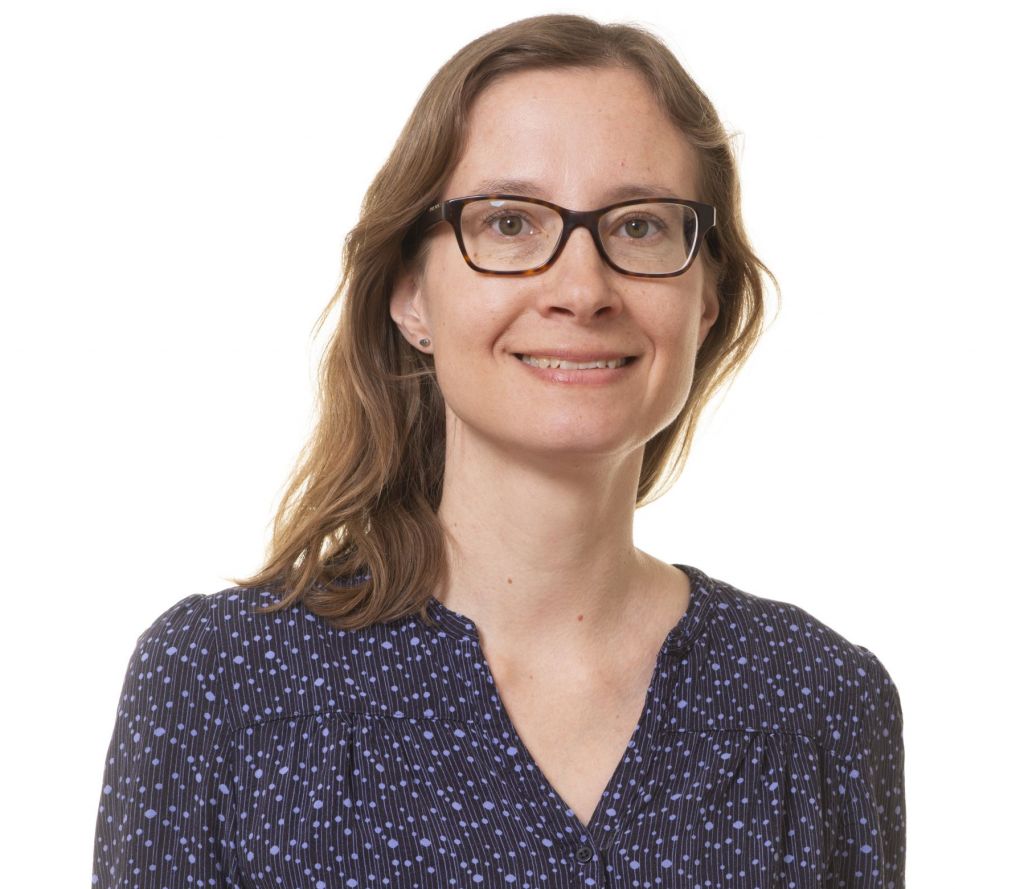
Professor MSO Janine Leschke has been in the mentor program twice and highly recommends it. (Photo: CBS)
Although being a mentor often means you are in a better position to share knowledge and expertise, Janine Leschke has also gained useful advice herself.
“I’ve been impressed by my mentees’ high level of activity and motivation. I find it extremely rewarding and inspiring to discuss their projects and ideas with them. I have also been given useful advice myself on online teaching and other subjects,” she says.
In fact, Aixa Alemán-Díaz likes the mentoring program so much that she is considering becoming a mentor, and mentions that her department has a matching between PhD Fellows that serves kind of like a mentorship program.
“The program pairs you up with senior faculty, but maybe they could consider having PhD fellows who are mentors, so they can mentor PhD Fellows who have just started. I would consider applying for something like that,” she says.
Presented with Aixa Aleman-Diaz’ idea, Kirsten Hansen says:
“That’s a good idea. Mentoring is great in different constellations. Being a PhD Fellow is special, so talking to other PhD Fellows is a good idea. We could talk to the PhD School about it, as they run an entire program for the new PhD Fellows,” she says.
Investing time in CBS pays back
Janine Leschke, Aixa Alemán-Díaz and Kirsten Hansen all advise their fellow research colleagues to apply for the program – whether as mentors or mentees.
“Besides participating in exciting and rewarding academic exchanges across departments and between senior and junior faculty, you might be able to make a difference for junior staff by providing them with an additional (outside) perspective on top of the views of their direct supervisors or co-authors,” says Janine Leschke.
Kirsten Hansen says the following to staff members who are thinking about applying to become mentees:
“You should apply, as it is a way of investing your time in CBS, and getting more out of that time. And I believe you can become a better researcher and academic from participating in the program,” she says and adds about the mentors:
“I would like to encourage potential mentors to sign up because they want to share their knowledge and experience with younger faculty members, and it’s a great way to make it easier for them to settle in at CBS. And then you should also do it to expand your own network and learn from the new colleagues.”
The application deadline for mentors and mentees is January 17, 2020, and according to Kirsten Hansen, every applicant is usually accepted on the program. In past years, about 10 to 15 mentees and mentors have joined the scheme.



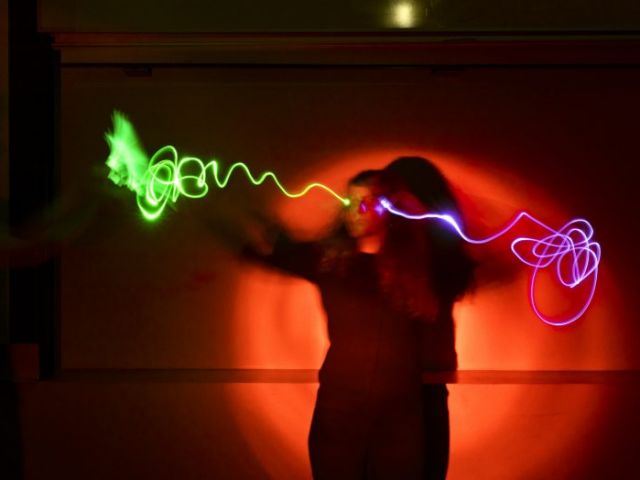


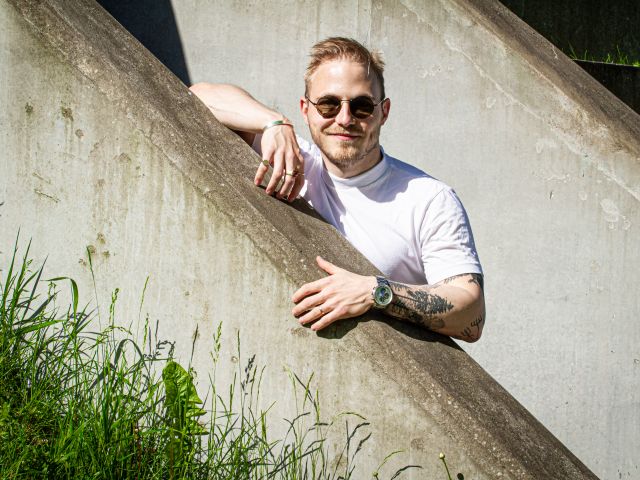
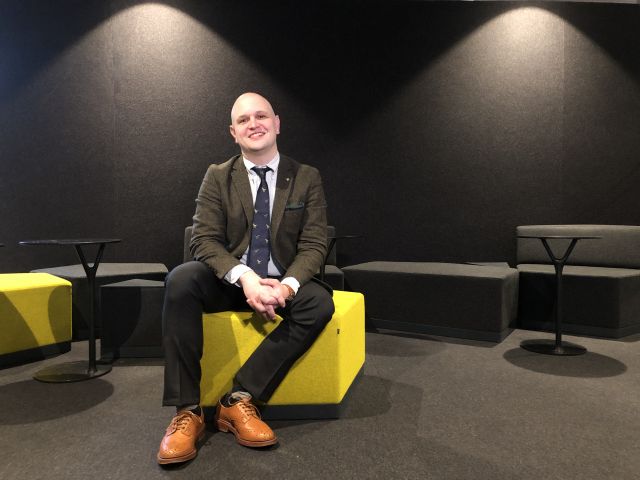
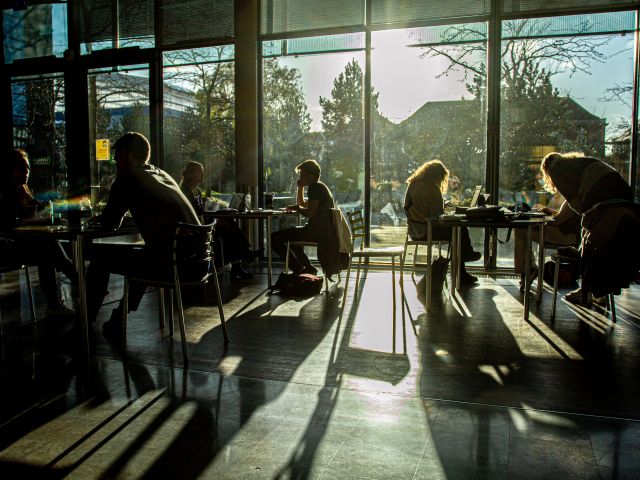
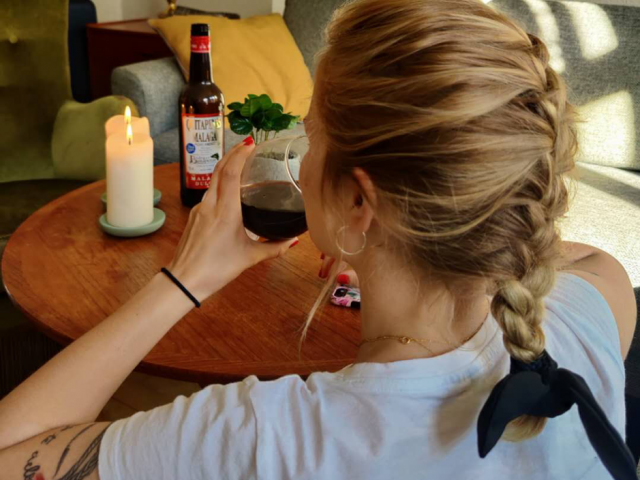




























































































































Comments